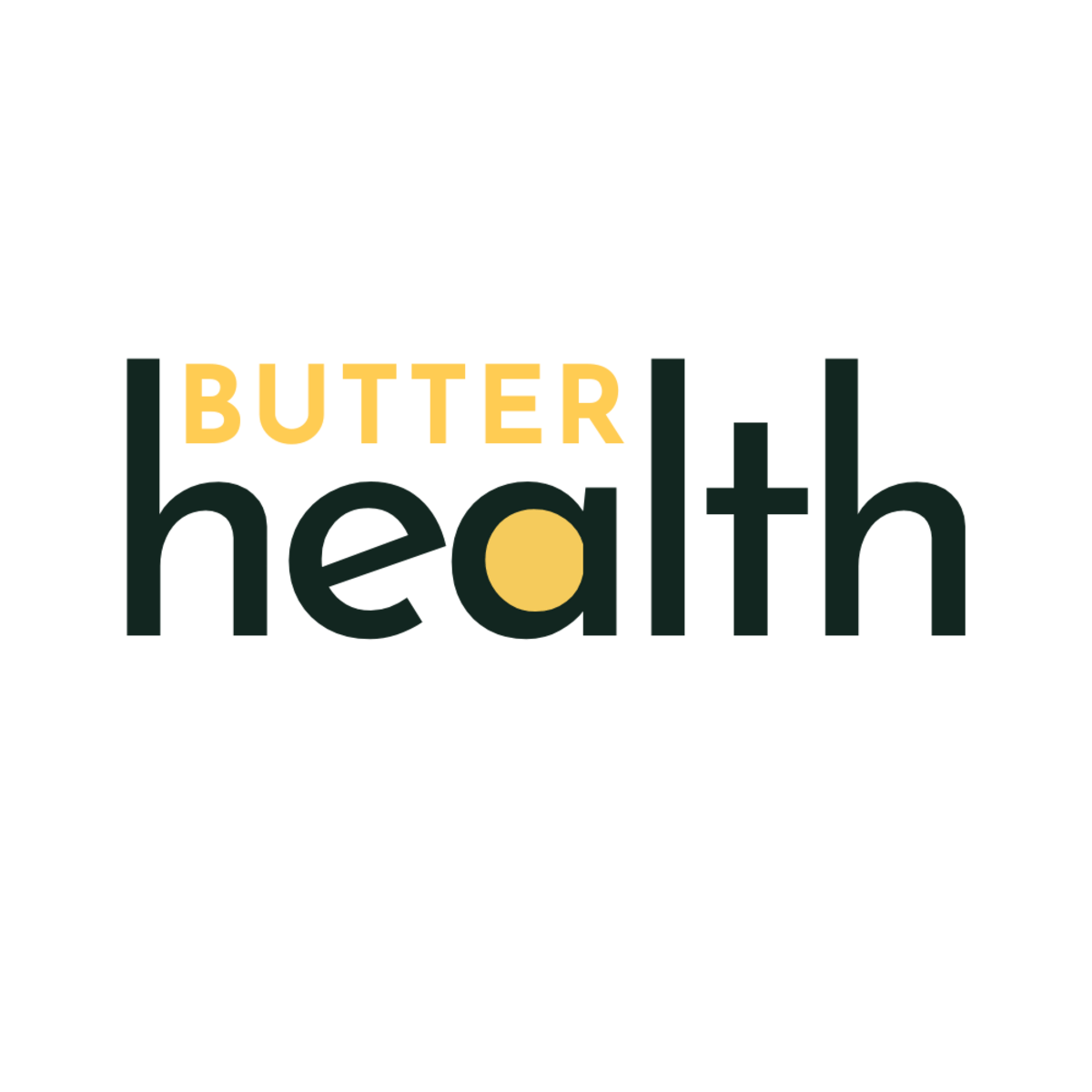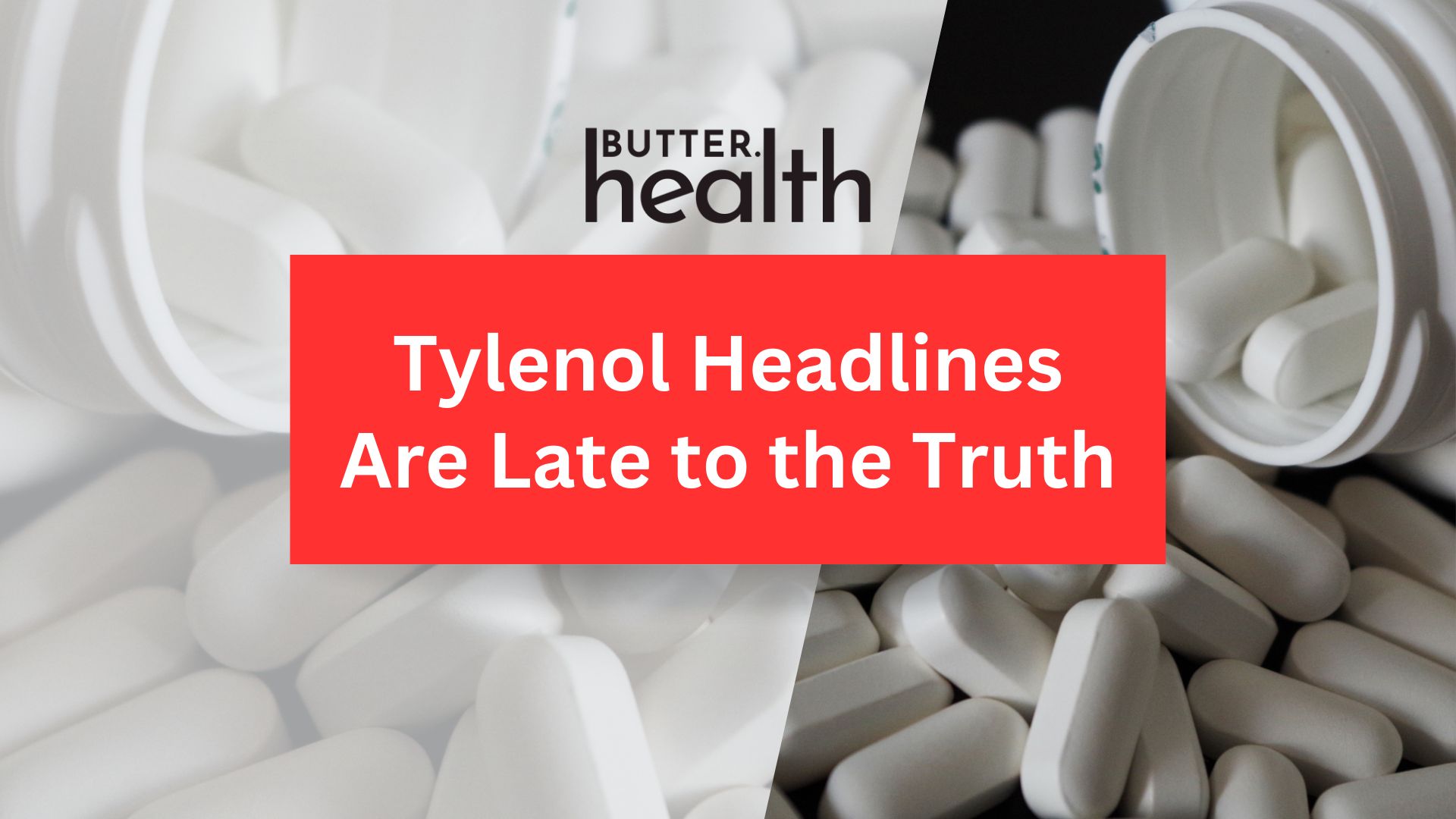This week’s headlines about Trump and RFK Jr. linking prenatal Tylenol use to autism made waves. And while it’s good that people are finally questioning acetaminophen, let’s be clear: the truth has been here all along. We don’t need a politician, a press release, or a three-letter agency to tell us what discernment already makes obvious.
I am not convinced this isn’t a distraction from the bigger issue. I’ve said before, and I’ll say again: I believe vaccines are the main driver of autism, but that’s a different conversation for another day. What I want to focus on here is this: Tylenol was never harmless. Not for pregnant women. Not for children. Not for anyone. We have to stop pretending that over-the-counter means harmless.
What They’re Saying
The 2025 Mount Sinai study referenced in the headlines reported that prenatal acetaminophen exposure was associated with a 20–30% increased risk of autism and ADHD, potentially through oxidative stress, hormonal disruption, and mitochondrial dysfunction.
But the deeper mechanism driving all of this is glutathione depletion. Acetaminophen crosses the placenta, depletes the brain’s master antioxidant, and leaves developing neurons defenseless. Without glutathione, mitochondria collapse. And when mitochondria fail, the brain fails.
The Broader Dangers of Acetaminophen
Tylenol is one of the most widely used drugs in America. And yet, the risks are staggering:
1. Overdose and Liver Damage
Leading cause of acute liver failure in the U.S.
Overdosing is easy because acetaminophen hides in hundreds of products (cold medicine, sleep aids, pain relievers).
Alcohol multiplies the risk.
Even recommended doses can overwhelm the liver if used long-term.
Symptoms of overdose often don’t appear until it’s too late.
2. Kidney Problems
Long-term use is linked to kidney damage and even end-stage renal disease.
The risk increases with dehydration, high cumulative doses, or pre-existing kidney conditions.
3. Dangerous Interactions
Alcohol: compounds toxicity.
Blood thinners (warfarin): raises bleeding risk.
Antiepileptic drugs (carbamazepine, phenytoin): increase toxic byproducts.
Certain cancer treatments & TB drugs: reduced effectiveness or added toxicity.
Herbal supplements: liver-toxic herbs magnify risks.
4. Use During Pregnancy and Breastfeeding
Observational studies link frequent, long-term use to autism and ADHD — though data is mixed.
Tylenol PM (with diphenhydramine) can cause infant drowsiness and reduce milk supply.
5. Other Health Risks
Rare but fatal skin reactions (Stevens-Johnson syndrome).
Fertility concerns: some studies suggest delayed ovulation.
GI issues: nausea, vomiting, stomach pain (less common than NSAIDs, but still possible).
Interference with tests: can skew blood glucose readings.
6. Not Always the Best Choice
For inflammatory pain, NSAIDs are often more effective.
For chronic pain, daily Tylenol is not recommended — it stresses the liver and kidneys without treating the root causes.
Discernment, Not Distractions
This is why I don’t care which politician or agency finally admits a piece of truth. By the time Babylon’s health system admits a danger, the damage is already done. We don’t outsource discernment to the CDC, FDA, or headlines. We test everything against wisdom, science, Scripture, and good ol’ common sense.
Numbing Isn’t Healing
We cannot live like the world, numbing every ache with pills while ignoring long-term damage. Scripture tells us: “Do not be wise in your own eyes; fear the Lord and turn away from evil. It will be healing to your flesh and refreshment to your bones” (Proverbs 3:7–8).
True healing doesn’t come from over-the-counter drugs. It comes from honoring God’s design, stewarding our bodies wisely, and refusing to trust Babylon’s pharmacy more than the Lord’s provision.
Don’t wait for the next headline to tell you what’s safe and what isn’t.


